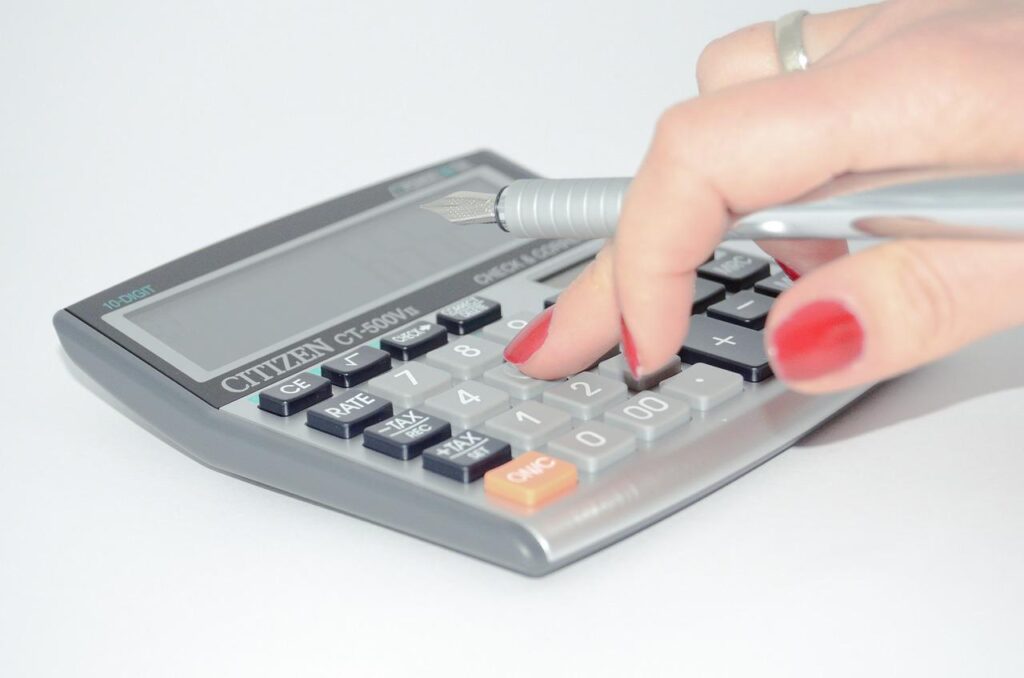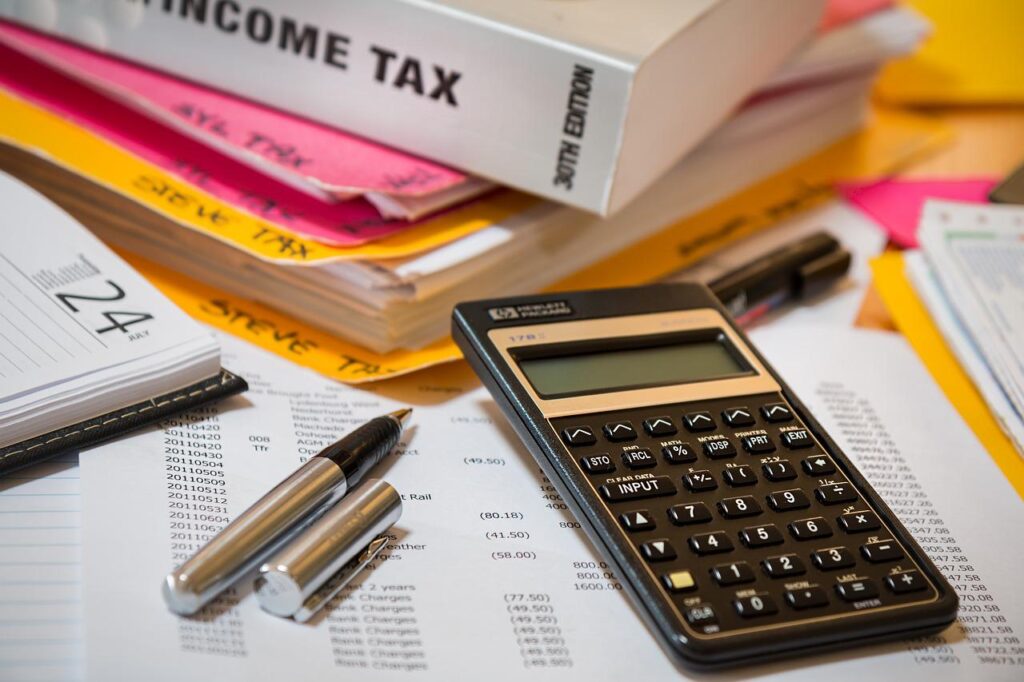Finding ways to earn more, spend less, and increase your savings are the ways to achieve financial freedom

Source: Pixabay
You’ll find plenty of tips to help with all three on PaySpace Magazine. For example, you can learn to budget and cut out unnecessary expenditures. You can try to negotiate a pay rise or find new opportunities in the employment sector. You can also invest in the stock market.
Of all the ways you can improve your financial position, investments have the greatest upside but also carry the most risk. Why? Because the value of your investments isn’t guaranteed to increase and, potentially, they could decrease in value. However, with the right products and a long-term outlook, you might be able to grow your wealth.
Always consider the tax implications
Making money from investments is great. It’s even better when you find ways to reduce your expenses and increase your earning potential. However, whenever you make money, you always have to think about the tax implications. Our guide to the taxes people pay in the UK will give you a broad understanding of what you might owe in certain situations. When it comes to investments, there are situations where you’re liable to pay tax.
You might have to pay capital gains tax when you sell an asset for a profit. There are certain allowances in a given year, so you may not have to pay tax on the full amount of profit. However, you need to take the tax implications into account before you start investing. You may also have to pay income tax on investments that pay a dividend. There is an annual dividend allowance of £2,000 per year.
Beyond that, you will pay a rate based on your income tax band. For basic rate taxpayers, the tax on dividends is 8.75%, while it’s 33.75% and 39.35% for higher rate and additional rate taxpayers, respectively. When you make investments, there may be tax implications. Therefore, it’s important to find the best conditions for investing which means using the right investment accounts.
For example, you can use a stocks and shares ISA for investments. These products shelter investment profits from capital gains tax. As long as you’re within the annual limit (£20,000 in 2022), you can take out more than you’ve put in (i.e. made a profit) and not be liable for capital gains. Other tax-efficient products authorized are private pensions and peer-to-peer lending schemes.
Keep your costs to a minimum

Source: Pixabay
Another way to buy shares and keep your expenses to a minimum is to use a low-cost general investment account (GIA). Unlike ISAs, profits aren’t sheltered from capital gains tax. However, as we’ve said, ISAs have an annual investment limit. Therefore, once you’ve hit that limit, you might want to consider alternative products. This is where a GIA can be useful.
If you use a GIA, it’s important to use a product that offers maximum exposure to the stock market. In other words, you want to be able to invest in a wide variety of companies. You should also use a GIA with low fees and, if possible, the ability to buy fractional shares. These features can help you keep down the cost of making investments.
Understand Your Options
As we’ve said, there are multiple ways to skin a cat. Using a general investment account to buy stocks can help you increase the value of any spare money you’ve got, but it’s not the only way. You can also use an ISA.
Essentially, having a stocks and shares ISA and a GIA gives you the flexibility to choose. You might prefer to use an ISA in the first instance, and you will always have the option of using your GIA if you hit your annual ISA allowance. That’s why it’s worth knowing the types of investment accounts available.
There aren’t any guarantees that you’ll make a profit investing via either of these accounts. However, if you’re willing to accept the risks that come with investing, it’s worth finding the best conditions in which to buy and sell.
SEE ALSO: Emerging digital payment trends to watch in $100 billion iGaming sector









